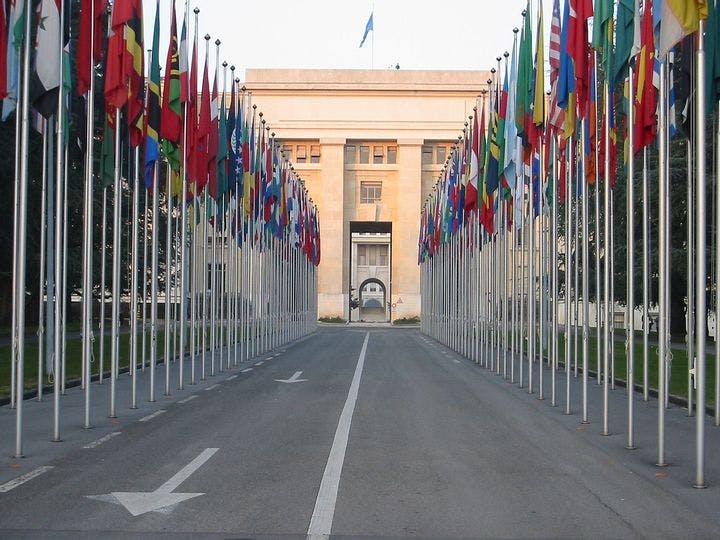Summer 2012
Are UN treaties just window dressing?
– The Wilson Quarterly
Or are they more effective than some may think?
Skeptics scorn the treaties and agreements that wend their way through the United Nations as the window dressing of international relations. But Wade M. Cole argues that these derided measures are more effective than some might think.
The University of Utah sociologist studied the impact in 148 countries of four UN treaties enacted from 1981 to 2007 pertaining to torture, civil liberties and political empowerment, women’s rights, and racial discrimination. Departing from the approach of previous researchers, Cole assembled a nuanced portrait of each country’s commitment. Did it ratify or only sign the measure? (A signature is a weaker commitment and not legally binding.) Did it append any qualifications or reservations? Did it couple its ratification with pledges of enhanced monitoring and enforcement?
Cole then collated his findings with data from several rights-based indexes. Whether female residents had the right to vote, own property, and earn equal pay, for instance, was used as an indicator of how closely a country abided by the 1979 UN Convention on the Elimination of All Forms of Discrimination against Women (CEDAW).
Cole found that treaties have an impact—some of the time. Whether a country signed or ratified a treaty didn’t predict its subsequent observance of rights. Neither did the number of reservations it entered. Muslim countries, for instance, entered the highest number of reservations when ratifying CEDAW, essentially nullifying key legal protections. But countries with good human rights records, such as Australia and Canada, also entered reservations, in their cases to harmonize the treaty’s provisions with existing national legislation.
Countries that agreed to enhanced monitoring and enforcement provisions on top of ratification, however, did a much better job of enforcing human rights. Oddly enough, the monitoring and enforcement provisions that give rights treaties their juice are rarely resorted to. A pledge to submit to enhanced monitoring is often “a purely ceremonial commitment that nevertheless has tangible consequences,” Cole says.
THE SOURCE: “Human Rights as Myth and Ceremony? Re-evaluating the Effectiveness of Human Rights Treaties, 1981–2007” by Wade M. Cole. American Journal of Sociology, Jan. 2012.
Photo courtesy of Wikimedia Commons
